Main areas of interest
Development of drug resistance in helminths
Drug resistance in parasitic worms becomes one of serious worldwide problems, especially in farm and free-living animals. Induction of biotransformation enzymes in parasites and host can play important role in development of drug resistance in helminths. In our projects, we focus on the role of these enzymes in development of resistance in Barber’s pole worm (Haemonchus contortus) which parasitize in sheep (Ovis aries). Goal of our project is to find possibilities how to suppress drug resistance and increase efficacy of treatment.
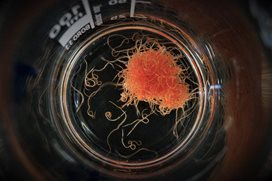
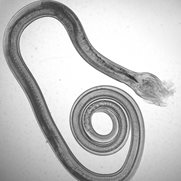
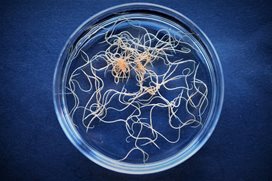
Beneficial and harmful effects of food supplements
Dietary supplements are intended to supplement the diet and provide nutrients, such as vitamins, minerals, fatty acids, or amino acids. In addition, dietary supplements contain numerous natural plant constituents and herbal extracts with proposed beneficial effects for individual’s health. Most people believe that supplements are innocuous substances, and they use them for added health benefits. Moreover, herbal supplements are often considered harmless as they are based on “natural plant” extracts and compounds. Therefore, high-dose dietary supplements with natural/herbal constituents are widely used in our population. However, consumption of food supplements can lead to serious health problems as some of their constituents can cause important organ toxicities. Plants and essential oils containing some terpenes (e.g. pulegone), which are often used for flavoring foods and beverages and as components of herbal medicinal products, are known to exhibit liver toxicity in animals and in man. However, their metabolism in humans and mechanism of their organ toxicity are not fully understood. Therefore, our project is designed to study the mechanism-based hepatotoxic properties of selected monoterpenes and sesquiterpenes and thus obtain new information about their metabolism and the effects of parent compounds and their metabolites in human liver.
Cancer is the second leading cause of death globally. Cancer progression is a result of uncontrolled cell growth and differentiation along with loss of apoptotic functions leading to a massive expansion in neoplastic cells population. Several plant-derived anti-cancer agents including taxol, vinblastine, vincristine, and campothecin derivatives are in clinical use all over the world. Moreover, some other plant secondary metabolites (e.g. flavonoids) exert chemopreventive potential because they are able to modulate many biological events in cancer cells such as apoptosis, vascularization, differentiation and proliferation. The aim of this project is to study anti-cancer activity of various semi-synthetic derivatives of prenylflavonoids and compare it with naturally occurring prenylflavonoids.
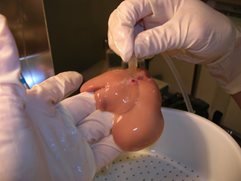
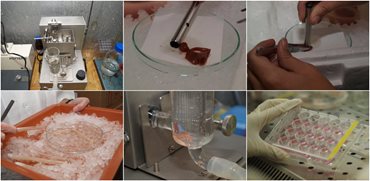
Anthelmintics in the environment
Veterinary anthelmintics, widely used drugs against parasitic worms, represent risk to environment as they may influence non-target organisms including plants. Plants are exposed to anthelmintics in pastures with treated animals or in fields fertilized with dung from treated animals. Anthelmintics as well as other xenobiotics enter plant body and can induce oxidative stress and consequent response. In addition, xenobiotics can interact with various biomolecules or interfere with endogenous metabolic or signalling pathways. Our aim is to find out new information about the impact of anthelmintics unwantedly occurring in environment on polyphenols synthesis and on antioxidant defence system of plants.
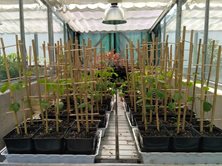
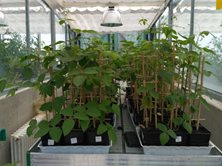

In other project we combine our long-lasting interest in drug-resistance development among parasitic nematodes with our recent findings about the fate of anthelmintics in environment and their metabolism in plants. We would like to know if the presence of anthelmintics in plants, which are consumed by infected sheep, could cause the expression changes in nematodes and if these changes may decrease their drug-sensitivity. We focus on xenobiotic-metabolizing enzymes (cytochromes P450, UDP-glycosyl transferases and ABC-transporters) and on selected microRNAs which could regulate these enzymes in nematodes.

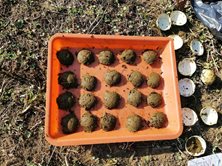

Downloads